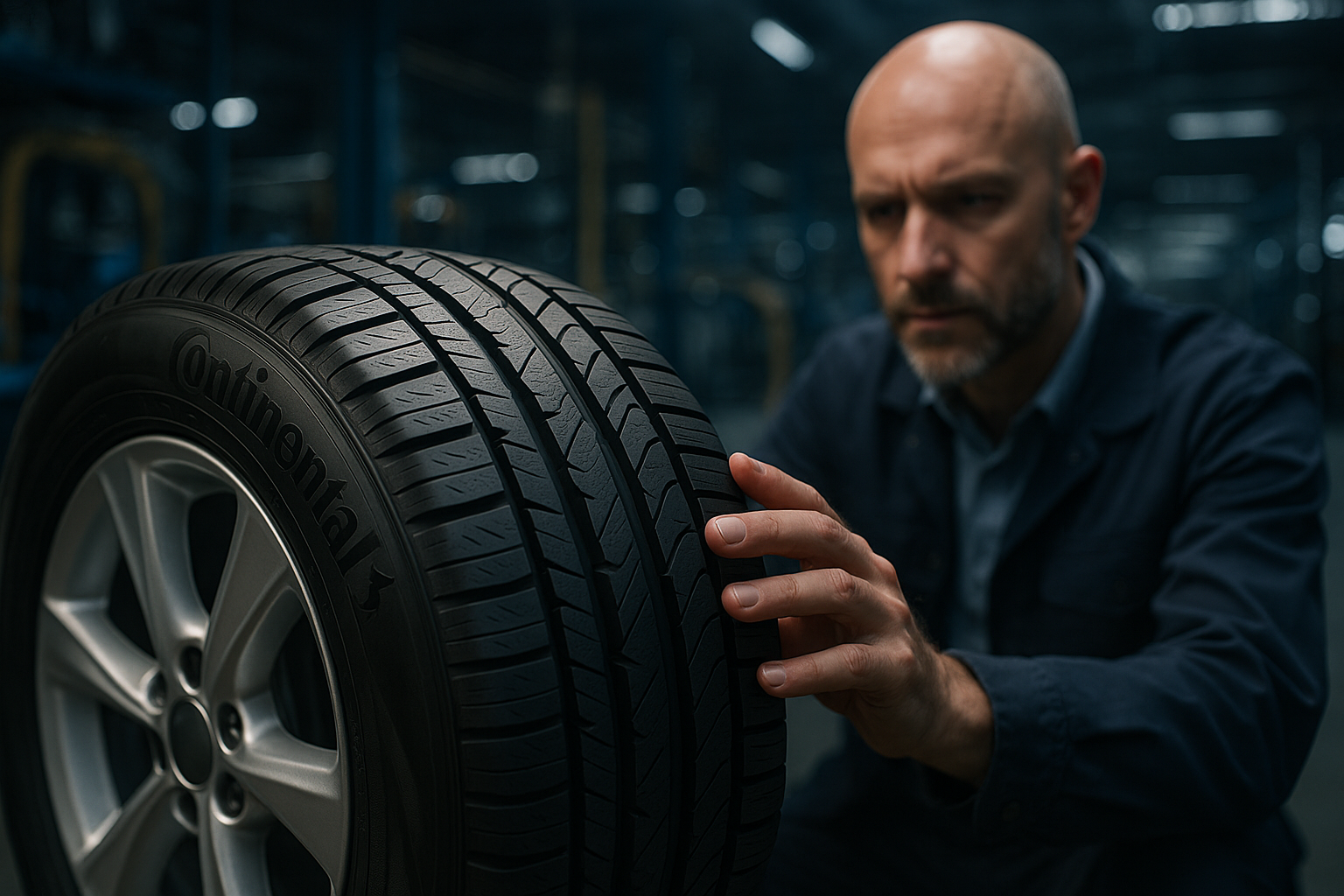The Importance of Regular Roof Repairs for Long-Term Maintenance
Roofing jobs play a crucial role in maintaining the structural integrity and aesthetic appeal of any building. Whether it’s a residential home or a commercial property, the roof serves as the first line of defense against environmental elements such as rain, wind, and sunlight. Regular maintenance and timely repairs ensure that roofs remain functional and durable over time. This article delves into the significance of roofing jobs, highlighting their various aspects and the importance of consistent upkeep.

Introduction to Roofing Jobs
Roofing jobs encompass a wide range of professional services designed to install, repair, and maintain roof systems across residential and commercial properties. These specialized tasks require extensive knowledge of construction principles, weather-resistant materials, and safety protocols. Professional roofers handle everything from minor leak repairs and shingle replacements to complete roof installations and structural assessments. The complexity of modern roofing systems means that most maintenance and repair work requires skilled professionals who understand local building codes, proper installation techniques, and the specific challenges posed by regional weather patterns.
Understanding Different Types of Roofing Materials
Modern roofing systems utilize various materials, each with unique maintenance requirements and lifespans. Asphalt shingles, the most common residential roofing material, typically last 20-25 years with proper care but require regular inspection for cracked, curled, or missing pieces. Metal roofing systems offer superior durability and can last 40-70 years, though they need periodic checks for loose fasteners and potential corrosion. Clay and concrete tiles provide excellent longevity but are susceptible to cracking from weather extremes and require specialized repair techniques. Flat roof systems using EPDM rubber or TPO membranes demand different maintenance approaches, focusing on seam integrity and drainage systems to prevent water pooling.
The Role of Professional Roofers
Professional roofers bring essential expertise that goes far beyond basic repair skills. These trained specialists understand the intricate relationships between roofing components, from underlayment and flashing to ventilation systems and gutter integration. They possess the proper safety equipment and insurance coverage necessary for working at dangerous heights, protecting both themselves and homeowners from liability issues. Experienced roofers can identify potential problems before they become major issues, such as recognizing early signs of structural weakness or improper installation from previous work. Their knowledge of local building codes ensures that all repairs and installations meet regulatory requirements, which is particularly important for insurance claims and property resale value.
Regular Roof Inspections and Maintenance
Consistent roof inspections form the foundation of effective long-term maintenance strategies. Professional inspections should occur at least twice yearly, typically in spring and fall, with additional checks following severe weather events. During these assessments, roofers examine shingle condition, check flashing around chimneys and vents, clear debris from gutters and drainage systems, and inspect attic spaces for signs of leaks or inadequate ventilation. Preventive maintenance tasks include replacing worn caulking, securing loose materials, trimming overhanging tree branches, and ensuring proper attic insulation. These proactive measures help identify minor issues before they develop into expensive problems requiring extensive repairs or complete roof replacement.
Cost Considerations for Roofing Services in America
Understanding roofing costs helps homeowners budget effectively for maintenance and repairs. Basic inspection services typically range from $150-$400, while minor repairs like replacing a few shingles cost $200-$600. More extensive repairs, such as fixing flashing or addressing multiple damaged areas, can range from $800-$3,000. Major repairs involving structural work or significant material replacement often cost $3,000-$8,000, still considerably less than full roof replacement which averages $8,000-$20,000 depending on material choices and home size.
| Service Type | Cost Range | Duration | Best For |
|---|---|---|---|
| Basic Inspection | $150-$400 | 2-3 hours | Annual maintenance |
| Minor Repairs | $200-$600 | Half day | Individual shingle replacement |
| Major Repairs | $800-$3,000 | 1-3 days | Flashing, multiple areas |
| Extensive Repairs | $3,000-$8,000 | 3-7 days | Structural issues |
| Full Replacement | $8,000-$20,000+ | 1-2 weeks | End of roof lifespan |
Prices, rates, or cost estimates mentioned in this article are based on the latest available information but may change over time. Independent research is advised before making financial decisions.
The Value of Consistent Roof Care
Regular roof repairs and maintenance represent one of the most cost-effective investments homeowners can make in their property’s long-term value and functionality. By establishing relationships with qualified local roofing professionals and implementing consistent inspection schedules, property owners can avoid emergency situations that often cost significantly more than preventive care. The key to successful roof maintenance lies in understanding that small, timely interventions prevent major problems, ultimately extending roof lifespan and protecting the substantial investment that homeowners have made in their properties. Consistent roof care isn’t just about fixing problems—it’s about preventing them entirely while ensuring your home remains safe, comfortable, and valuable for years to come.




